12+ SAMPLE Product Supply Contract
-
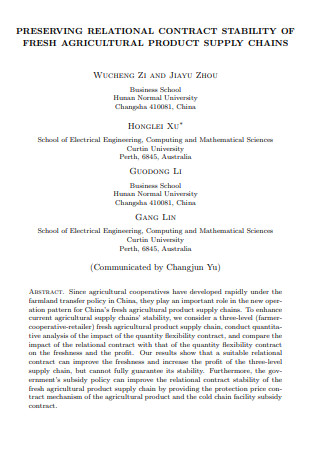
Agriculture Product Supply Contract
download now -
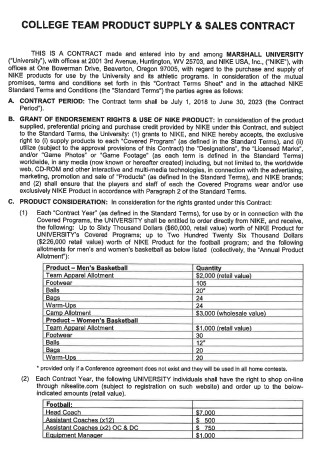
College Team Product Supply & Sales Contract
download now -
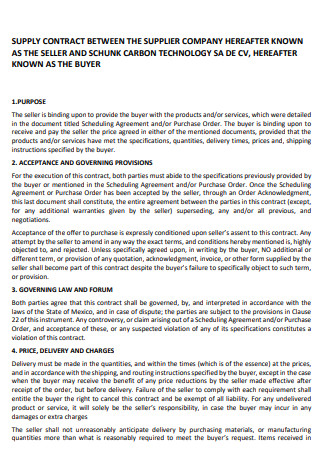
Product and Services Supplier Contract
download now -
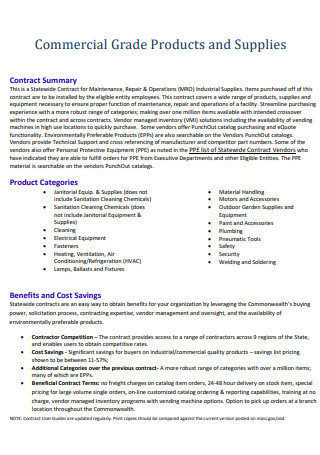
Commercial Grade Product Supply Contract
download now -
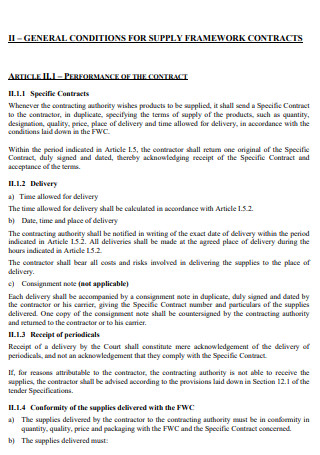
Product Supply Framework Contract
download now -
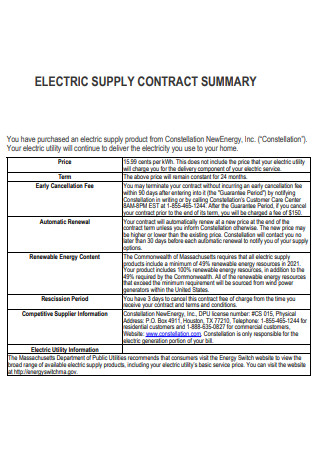
Electric Product Supply Contract
download now -
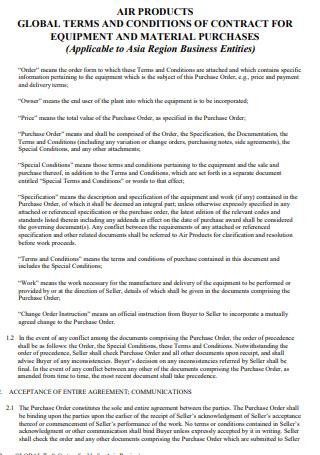
Air Product Supply Contract
download now -
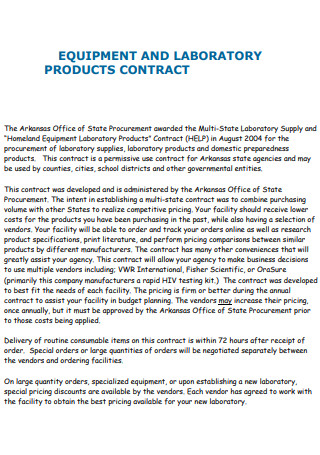
Laboratory Product Supply Contract
download now -
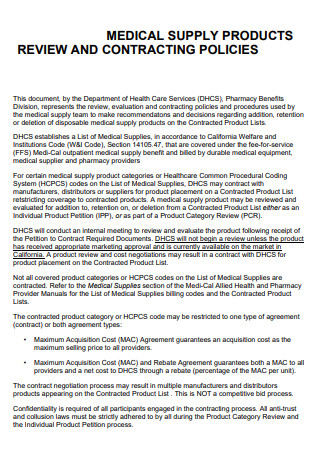
Medical Product Supply Contract
download now -
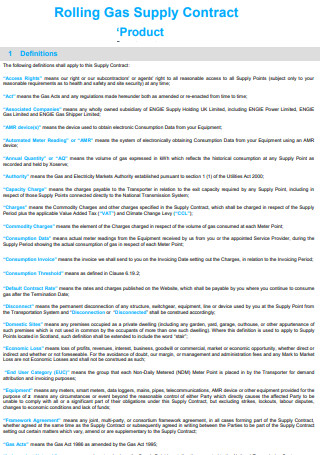
Sample Product Supply Contract
download now -
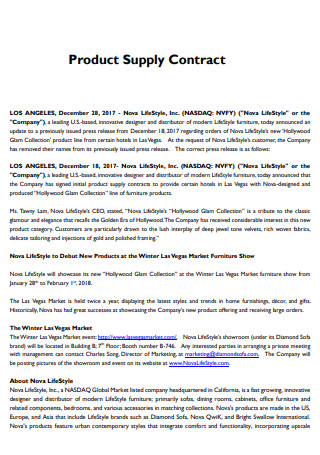
Simple Product Supply Contract
download now -
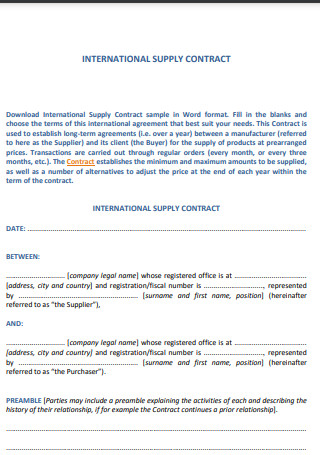
International Product Supply Contract
download now -
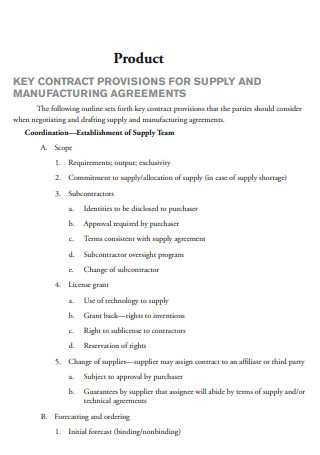
Provision of Product Supply Contract
download now
What is a Product Supply Contract?
A product supply contract is a document that contains the agreement of a manufacturer or seller to supply products to a company or a buyer. In every business, raw materials are needed to create the products that we can give to our consumers. If you have a restaurant, you need different ingredients. If you have a clothing line, you need raw materials to create your fashion products. Even if you are in a digital publication, you may need supplies that your workers should use to finish their job like computer ink. It will never happen that a company will need nothing for them to do their tasks.
Even in manpower supply, you need to have a good relationship with suppliers. It is more needed in getting your product supply. You need to have a nice relationship with suppliers so that they will give you the best products. The quality of your products can rely upon the raw materials so you need to get a great supplier that can give you the best raw materials. You have to ensure that your by-product will turn out good after using their products. That is why you have to find the best supplier. Their supply greatly affects your products.
Through the contract, you can secure a supply chain that will be given at the specific times that you need it. The delivery will be continuous, according to the frequency that you need the supplier’s products. Whether you need a food supply or office supplies, you must first check if the supplier can give a good product that can improve the quality of your work. You can do it by having the first supply before making the seller your regular supplier. You need to ensure that the supplier can give the best products and will always be good at delivering the products on time. Product delays can cause a lot of trouble for your company. So, you should get a supplier that can keep his or her word to deliver the products to you at the right time.
When buyers order from suppliers, they usually order in bulk. This makes them save money because they can have discounts and packages from the suppliers. After the delivery of the products, the buyers will check if they are in perfect condition and analyze if the products will suit them best while using them. If the products turn out to be of mediocre value, they will not order from that supplier again and will just find another supplier for their company. You can find a lot of manufacturing sellers today that compete for the chance to supply products. You just need to find the best from them so that you can have a good product supply.
Elements of a Product Supply Contract
Have you seen a product supply contract template or a simple supply agreement sample? If you do, you can see that it has essential components. These components are vital so that you can have a complete agreement that consists of everything that you need within the contract. Read the following and learn some of the elements of a product supply contract:
How to Create a Product Supply Contract
Do you need a raw material supply agreement template or a simple food supply agreement sample? Are you about to create a product supply contract? Well, we have good news for you. We have provided some steps so that you can easily make a product supply contract. They are the following:
-
Step 1: List the Products
The first thing that you need when finding a supplier is you have to list the products that you need. List all the products that you want to be supplied. This way, you can search for the best supplier that can provide the products that you need.
-
Step 2: Find the Best Supplier
After knowing all the products that you need, research the best suppliers in your place. Search on the internet for them. You can use customers’ references so you can know which of them are good suppliers. Testimonies will prove their good service and the goodness of their products. It will be better if you will have references to ensure that you will deal with good suppliers.
-
Step 3: Assess the Products of the Supplier
After you have found several suppliers, you need to examine their products. Know which of the products are best. Personally see their products so that you can get a good assessment of them. Choose the supplier with the best offer. Two things that you should consider are the price of the products and their quality.
-
Step 4: Negotiate with the Price
After you have chosen the best supplier, you must not settle with their price. You have a chance to negotiate with them and set a better price for the products that you will buy. Make them agree to the price that you desire. Some suppliers are summoned by negotiation if you will just be good at talking. If you can make the supplier agree with you, then you have found a supplier for the products that you need.
-
Step 5: Agree on Terms
Then, you should negotiate everything with the supplier. Agree on the length of term, the minimum quantities of order, delivery details, and other things like confidentiality, cancellation, and termination. If you can think of anything that has to do with your orders, then you must include them in the contract. Be sure to have a complete agreement with the supplier so that you can start writing the contract.
-
Step 6: Sign the Contract
After you have agreed on everything, you can write the contract. At the end of the contract, place spaces for your signatures. Then sign the contract. After that, you can make your first purchase order to the supplier. Then after that, wait for the delivery of products. After the products are delivered, inspect them. If you have found them good, then you have found a good supplier for your company.
FAQs
What are the characteristics of a good supplier?
The characteristics of a good supplier are compliance with business standards, expertise in the product type, accountability, and quality for improvement. It is a good supplier if it continues to provide good products for you and always give them on time.
Where do you find the best suppliers?
The best way how you can find the best suppliers is online. Search for business directories that can point you to the suppliers of the products that you are looking for.
To ensure that you will have a good supplier, you must be sure to enter a product supply contract. Through it, the supplier will be obliged to do their responsibilities to you because of the contract. You can ascertain that you can get the best products that you need on time. Are you someone looking for a template for a product supply contract? This post has 12+ SAMPLE Product Supply Contract in PDF. If you need one, you can have it for free. Download now!
